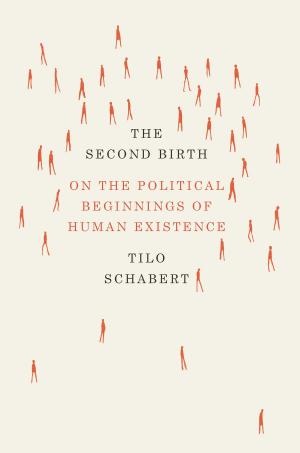Health Care for Some
Rights and Rationing in the United States since 1930
Nonfiction, Social & Cultural Studies, Political Science, Government, Public Policy, History, Americas, United States, 20th Century| Author: | Beatrix Hoffman | ISBN: | 9780226348056 |
| Publisher: | University of Chicago Press | Publication: | September 28, 2012 |
| Imprint: | University of Chicago Press | Language: | English |
| Author: | Beatrix Hoffman |
| ISBN: | 9780226348056 |
| Publisher: | University of Chicago Press |
| Publication: | September 28, 2012 |
| Imprint: | University of Chicago Press |
| Language: | English |
In Health Care for Some, Beatrix Hoffman offers an engaging and in-depth look at America’s long tradition of unequal access to health care. She argues that two main features have characterized the US health system: a refusal to adopt a right to care and a particularly American approach to the rationing of care. Health Care for Some shows that the haphazard way the US system allocates medical services—using income, race, region, insurance coverage, and many other factors—is a disorganized, illogical, and powerful form of rationing. And unlike rationing in most countries, which is intended to keep costs down, rationing in the United States has actually led to increased costs, resulting in the most expensive health care system in the world.
While most histories of US health care emphasize failed policy reforms, Health Care for Some looks at the system from the ground up in order to examine how rationing is experienced by ordinary Americans and how experiences of rationing have led to claims for a right to health care. By taking this approach, Hoffman puts a much-needed human face on a topic that is too often dominated by talking heads.
In Health Care for Some, Beatrix Hoffman offers an engaging and in-depth look at America’s long tradition of unequal access to health care. She argues that two main features have characterized the US health system: a refusal to adopt a right to care and a particularly American approach to the rationing of care. Health Care for Some shows that the haphazard way the US system allocates medical services—using income, race, region, insurance coverage, and many other factors—is a disorganized, illogical, and powerful form of rationing. And unlike rationing in most countries, which is intended to keep costs down, rationing in the United States has actually led to increased costs, resulting in the most expensive health care system in the world.
While most histories of US health care emphasize failed policy reforms, Health Care for Some looks at the system from the ground up in order to examine how rationing is experienced by ordinary Americans and how experiences of rationing have led to claims for a right to health care. By taking this approach, Hoffman puts a much-needed human face on a topic that is too often dominated by talking heads.















